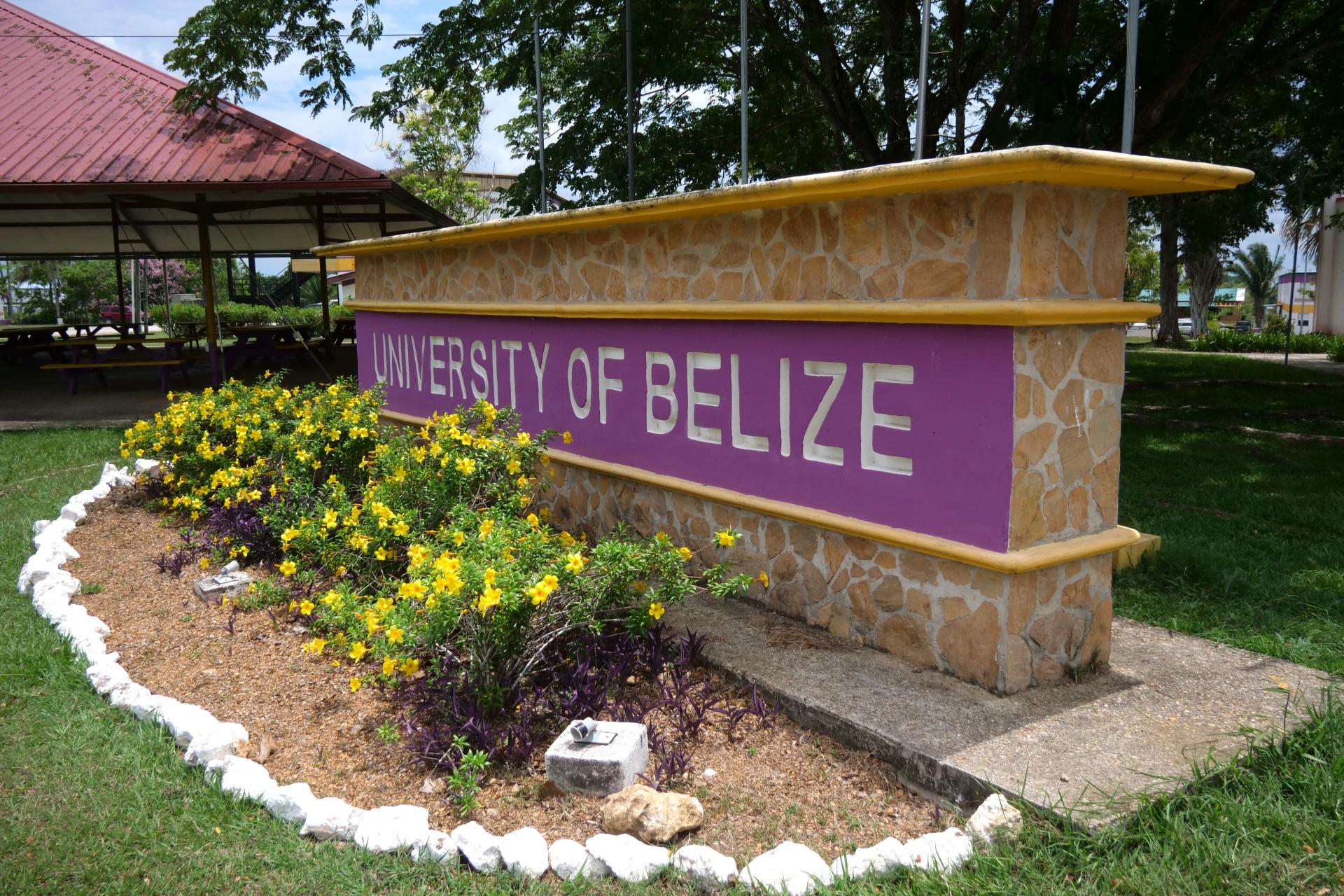The National Oceanography Centre (NOC) and University of Belize (UB) formalised their relationship by signing a Memorandum of Understanding (MoU) on 30 May 2019.
This partnership will see the two institutions develop joint training, research projects and technical programmes to enable knowledge transfer and research collaboration focused on delivering world-class marine science for the benefit of local, regional and global communities.
The signing of the MoU formalises an already positive and productive partnership. The two institutions have been working in close partnership for the last 18 months under the UK government-funded Commonwealth Marine Economies Programme, which has seen extensive habitat mapping and river sampling, with the objective of developing a greater understanding of the complex relationship between changing uses of land and how these changes affect the coastal ocean, from which the country derives a significant proportion of its income.
Both the NOC and UB recognise the crucial role of marine science in delivering improved outcomes in terms of the sustainable use of clean energy, minerals and other resources, protecting people and property from natural disasters, wealth creation, environmental protection and sustainability, and enhancing the quality of life for the people of the country.
‘Positive relationship’
Professor Kevin Horsburgh, the NOC’s Chief Scientist for International Development, commented: “The NOC is committed to forging mutually beneficial international partnerships with other forward-thinking institutes. As we prepare for the UN Decade of Ocean Science for Sustainable Development, enhanced international and interdisciplinary scientific collaboration is essential to achieve coordinated global action. We look forward to continuing to strengthen our already positive relationship with the University of Belize, to assist them in achieving their ambition to develop Belize into a centre of excellence for the region, to advance marine science for the benefit of the region, and to promote the use of scientific evidence and data in support of marine policy and natural resource management.”
According to UB’s President, Professor Emeritus Clement Sankat: “A partnership such as this is a powerful and necessary one for both UB and Belize. As the national university, this partnership will enable the UB to build its marine research capacity and will assist in providing a supportive learning environment such as laboratories and technology transfer, including training for students, faculty and staff. More importantly, it will enable the University to build on its intellectual stature as a repository for the country’s knowledge so as to improve policymaking that treats our country’s natural resources with respect, especially our natural environment.”
Collaboration will focus on both marine technologies and expertise, as well as scientific knowledge on coastal protection, water quality and sustainable environmental practices. Outcomes from collaborative multidisciplinary research will address some of Belize’s current environmental challenges, including sustainable management of marine resources and marine pollution. In practical terms, this will see the two institutions develop joint research projects and training programmes, exchange academic information and materials, and encourage the shared use of their respective facilities.
In April of this year, two scientists from UB completed a two-week programme of training at the NOC to enhance the capability of the University to study the aquatic environment. Hosted by the NOC and the UK’s Centre for Ecology and Hydrology (CEH), this intensive programme involved laboratory-based training around ocean acidification, water quality, and microplastics, as well as training in land cover mapping and statistical programming.


